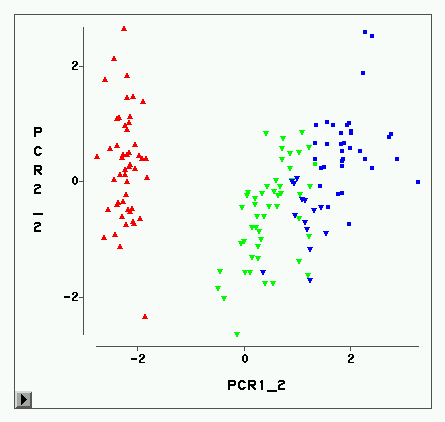Collective privacy loss becomes a colossal problem, an emergency for personal freedoms and democracy. But, are we prepared to handle personal data as scarce resource and collectively share data under the doctrine: as little as possible, as much as necessary? We hypothesize a significant privacy recovery if a population of individuals, the data collective, coordinates to share minimum data for running online services with the required quality. Here we show how to automate and scale-up complex collective arrangements for privacy recovery using decentralized artificial intelligence. For this, we compare for first time attitudinal, intrinsic, rewarded and coordinated data sharing in a rigorous living-lab experiment of high realism involving >27,000 data-sharing choices. Using causal inference and cluster analysis, we differentiate criteria predicting privacy and five key data-sharing behaviors. Strikingly, data-sharing coordination proves to be a win-win for all: remarkable privacy recovery for people with evident costs reduction for service providers.
翻译:集体隐私损失成为一个巨大的问题,是个人自由和民主的紧急问题。 但是,我们是否准备将个人数据作为稀缺的资源来处理,并根据理论集体分享数据:尽可能少地、尽可能必要地;我们假设,如果有个人群体,即数据集体,能够协调分享最低数据,以便以要求的质量运行在线服务,那么个人隐私损失将是一个重大的隐私恢复问题。在这里,我们展示了如何利用分散的人工智能实现隐私恢复的自动化和扩展复杂的集体安排。为此,我们首次比较了在涉及 > 27 000个数据共享选择的高度现实主义活体实验中进行的态度、内在的、奖励和协调的数据分享。我们利用因果推论和群集分析,区分了预测隐私的标准和五个关键的数据共享行为。 数据共享协调证明对所有人都是双赢的:对服务供应商明显降低成本的人进行显著的隐私恢复。




